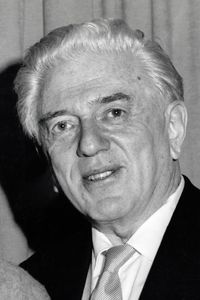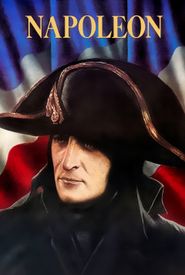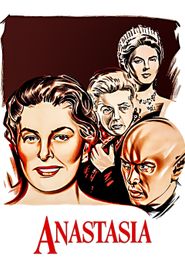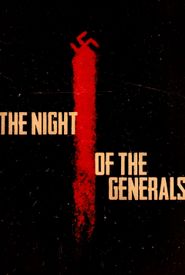Anatole Litvak was born in Kiev, Ukraine, to Jewish parents. He began his career as a stage hand, later becoming an actor in a little-known experimental theater in St. Petersburg, Russia. After witnessing the Russian Revolution, Litvak joined the Soviet film industry, working as a set designer and eventually directing short features.
In 1925, Litvak left the Soviet Union for Berlin, where he was hired by Georg Wilhelm Pabst to edit the film The Joyless Street. He then began directing short films for Ufa and eventually moved on to full-length features. His romantic comedy Dolly macht Karriere (1930) was a major hit.
Litvak's career was cut short by the rise of Adolf Hitler, and he moved to France, directing Mayerling (1936) starring Charles Boyer and Danielle Darrieux. This film was a major hit and received praise from critics.
Litvak then moved to Hollywood, where he became a contract director for Warner Brothers. He directed a wide variety of films, including The Woman I Love (1937),Tovarich (1937),Anastasia (1956),and All This, and Heaven Too (1940).
Litvak was also known for directing suspenseful crime dramas, such as The Amazing Dr. Clitterhouse (1938) and Out of the Fog (1941). During World War II, he enlisted in the US army and collaborated with Frank Capra on the "Why we Fight" series of documentaries.
After the war, Litvak directed the classic thriller Sorry, Wrong Number (1948) and the psychological drama The Snake Pit (1948),which was influential in changing the American mental health system. He was nominated for an Academy Award for Best Director but lost to John Huston.
In the 1950s, Litvak returned to Europe and settled in Paris, working infrequently. He directed several films, including Anastasia (1956) and Goodbye Again (1961),as well as the suspenseful thriller The Night of the Generals (1967).
Anatole Litvak died in a hospital in Neuilly, Paris, in December 1974 at the age of 72.




















































